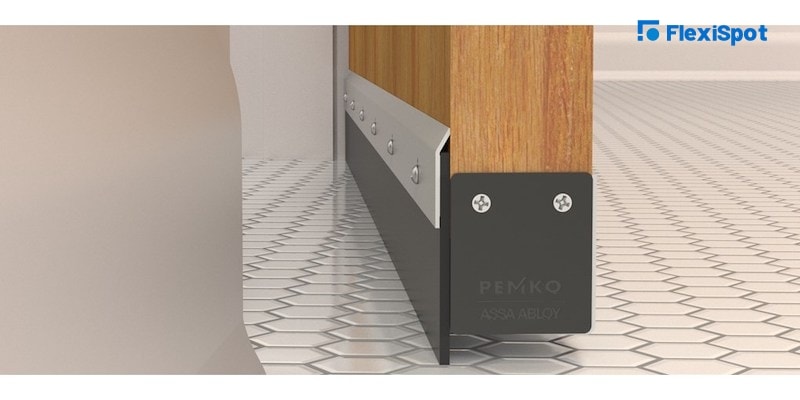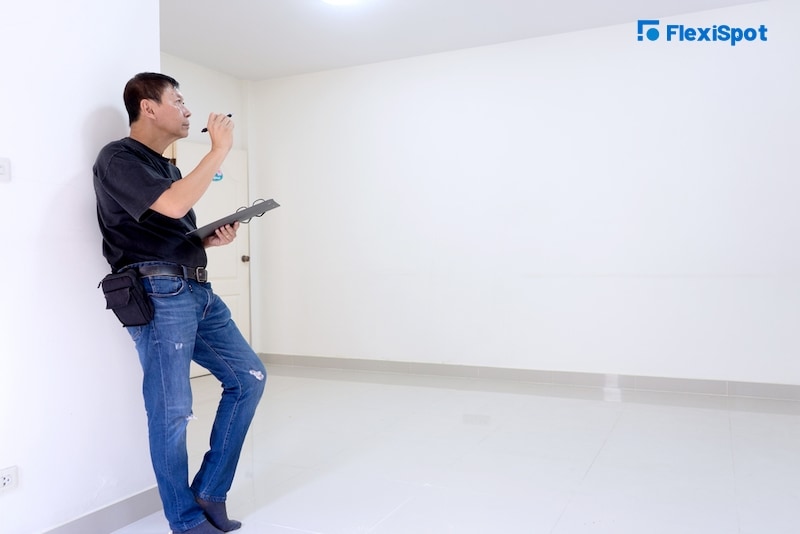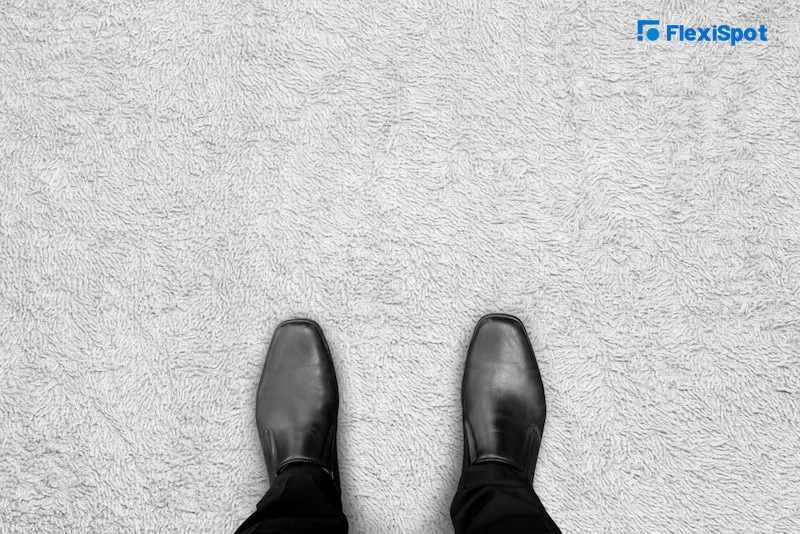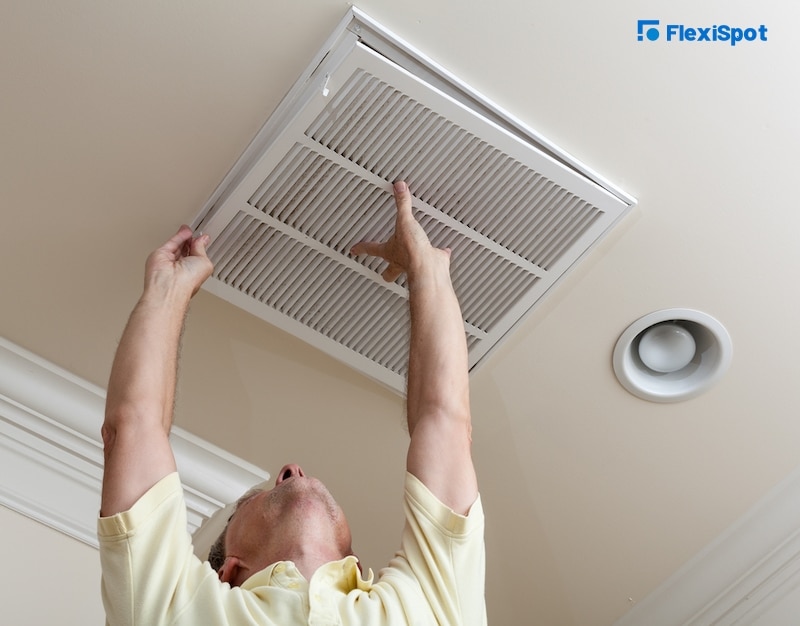With the onset of the pandemic, humans have been forced to come to terms with new realities. We now live in a world where practically everything is done online.
You don't need to go to the farmer's market to get your fresh vegetables anymore. Conferences, religious events, and parties have a virtual-dominant nature. And you no longer have to do the 9-5 rat race every single day. Cos really, why is risk getting the virus when you can operate a 21st-century office?
Working from home can be fun. You feel more relaxed, and you no longer have to get up early to beat the rush hour. There is also the added advantage of spending more time with family.
But family can be a lot sometimes, especially during work hours. There is the clanging of pots, children screaming, the deafening sound of teenage music, and the ever-needy elderly ones. Even if you live alone, you still have to deal with noisy neighbors, the sound of traffic outside, and probably noise from a construction site or two.
All these dramas can negatively impact your output at work. It also can affect your health and wellness.
So why deal with all of this when you can work from a Soundproof Office?
If, up until now, you knew nothing about a Soundproof office or how to go about it, then this piece is for you. We'll help you understand what a Soundproof office is in subsequent paragraphs. There'll also be a few tips on how you can kill the noise while working from home.
By the end of this read, you'll be getting your office soundproof in no time. Lean back, hold on to your gadgets, and be ready to have your mind blown. Enjoy!
How To Soundproof Your Home Office
As the name implies, "Soundproof" means shutting out unnecessary or unwanted sound. It could be the noise of family, neighbors, or handymen. It could also mean filling the room to reduce the echo in it.
Whether or not you have something or someone you hide from, it is best to work from a soundproof office. In this day of random teleconference calls, something as simple as the wind can affect the audio quality. And you don't want to be the "can you hear me" guy on a Zoom call.
What to do?
There are so many ways you can block out unnecessary noise from your home office. We have provided you with a few of these methods. While some are DIY tricks, others require help or supervision.
Either way, all the methods are efficient. And for more efficiency, you can fit a couple of these tricks in one home office. However, be careful not to completely lock yourself away from your environment, at least for safety reasons.
Image Source: ASSA ABLOY
Use a Door Sweep
Doors are not always made to fit the frame from top to bottom. So you find that there is space underneath these doors. And most times, people have to resort to a door sweep.
Usually, door sweeps are put in place to prevent water leakage and pests and block the cool air from air conditioners escaping the room. Most people do not know that you can use a door sweep to shut out the noise.
Generally, you would find a door sweep as a metallic strip covered in silicon. However, if you have a wooden door, you could use a thick wooden strip as your door sweep.
Please note that the position of the door sweep will largely depend on your door swing. So if your door swings outside, the door sweep would be on the outside. It's usually on the inside, though, since most doors are in-swinging.
Right Materials
The first thing to ensure for buildings is that they are made of the right materials. And not just the right materials, but the right materials of standard quality.
Primarily, the right materials work to ensure your safety. So you don't have to worry about the building crashing at any moment. And you save yourself the stress of moving gingerly around the apartment to prevent the ways from caving in under little pressure.
At the same time, thick walls are great sound insulators. They reduce the noise from other rooms. And they eliminate the echo chamber in a room to a very large extent.
You do not need excess wall hangings when you have thick walls to control the sound. Simple frames or sculptures are the best compliments for thick walls.
Checks For Leaks
Walls are natural noise blockers, especially when built with quality materials. Though they start to have gaps and holes, they make room for sound waves to seep in and out of the room.
When you cover these holes, you control to an extent to noise in your home office. You can seal wall holes by adding cement to gaps. There is also the option of using an all-purpose caulk or any other wall seal of your choice.
Use Solid Doors
Solid doors are impenetrable. They seem only to be good for aesthetics or leakages on the surface. But they're also quality noise blockers.
While they are less expensive when compared to the regular hollow doors, they are more suitable for home offices. You really should close your eyes to the cost and buy something you'll always thank yourself for.
Use a Rug
A rug is not an option in any office. It's a must-have. It is lush, sophisticated, and adds so much beauty to a room. You can easily sink your feet in it when you're tired or stressed.
It also allows you to walk across the length and breadth of your home office without hearing your feet slushing against the hard floors. When you place rugs close to or against a wall, it helps control the inflow of noise from an adjacent room. In essence, rugs work to control the sound inside and outside your home office.
Additionally, placing a rug in your home office not only protects the ground, but it helps reduce damage to office equipment in the event of a fall.
Wall Hangings
Sound tends to bounce off empty walls pretty easily. That is why rooms with empty walls produce more echo than rooms with busy walls.
To control the noise, you want to try your best to keep your walls busy. Not too busy, though, to avoid distractions. So you can place frames, designs, and all forms of art on the wall. Acoustic panels work to reduce noise too.
There is also the option of covering the wall with thick blankets and a quilt. Thicker items absorb more sound than light ones.
Soundproof The Air Vents
Air vents are large openings in the wall, though they are smaller compared to doors and windows.
It's not common to find people soundproofing their air vents. This is mostly because people do not realize that they increase the noise in a room. There is, therefore, a need to make them soundproof.
There are so many ways you soundproof your air vent without having to cover them up. You can use acoustic sealants or a good maze. And if you intend to close it off completely, you can do that using drywall or a curtain.
Soundproof The Ceiling
If you live in a flat or your home office is in a basement, you will agree that so much noise can come from the ceiling. And as considerate as neighbors might try to be, they still have to get on with their noisy lives.
Your best bet is to install a drop ceiling. You will need to get new ceiling panels and fill the space between both ceilings with high-density insulation.
Note that this option might not be suitable for rooms with already low ceilings.
Noise Canceling Headphones
This is a cost-effective and easy approach to canceling noise. Noise-canceling headphones block out unwanted sounds and fill your ears with the sound of your choice.
While this method seems easy, it might not be as effective as the others. You might have to combine other approaches with the headphones. So, for example, you could use noise headphones in a home office that already has solid doors and is filled with wall hangings.
Soundproof Paint
As funny as it might seem, Soundproof paint exists. It's a paint mixture with insulated microspheres that help absorb background noise.
It is known to reduce the sound in a room by 30%. And it works even better when you use it with other soundproof methods.
Image Source: Framery
Using an Office Pod For Noise Prevention
All the methods mentioned above work when you already have a room in your house dedicated to being a home office. Or when you don't have to share the dedicated home office with somebody else.
If you do not have a home office or have a shared home office, you could opt for an Office Pod. They are cost-effective and easy to create, especially when you have a home office structure on the ground.
Outdoor Space
Working in a nature-centric environment does wonders. People tend to be more relaxed are more productive when working outdoors.
With an outdoor pod, you can enjoy the beauty of nature in your surroundings without dealing with the noise in it. So if you do not have indoor office space, you can build a soundproof one in your backyard.
Private Office
You can also use a work pod indoors. It is a simple, portable mobile room that can fit in any space in the house. And luckily, it is soundproof.
A soundproof work pod gives you a muted feel of things happening within the house. It's the escape every professional needs.






